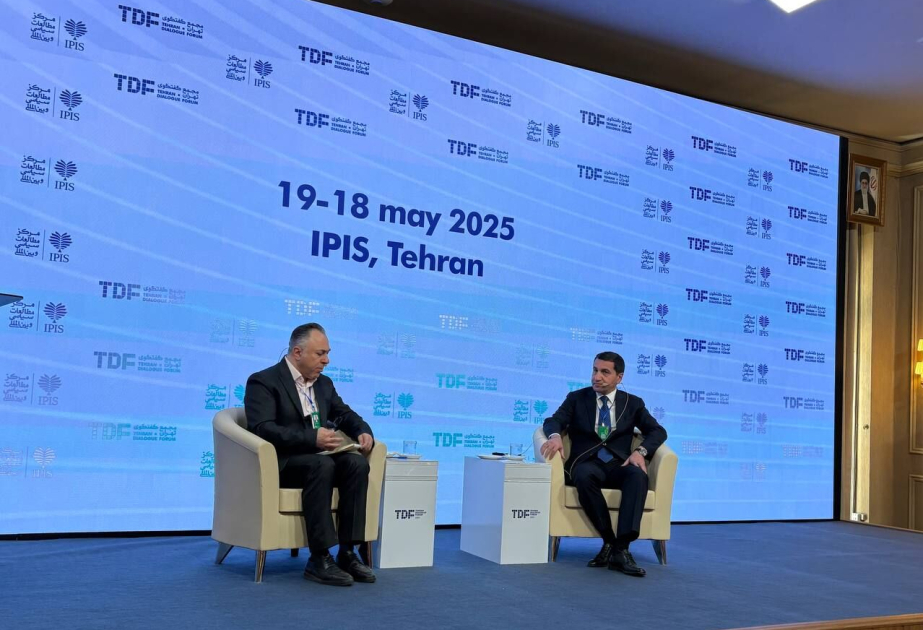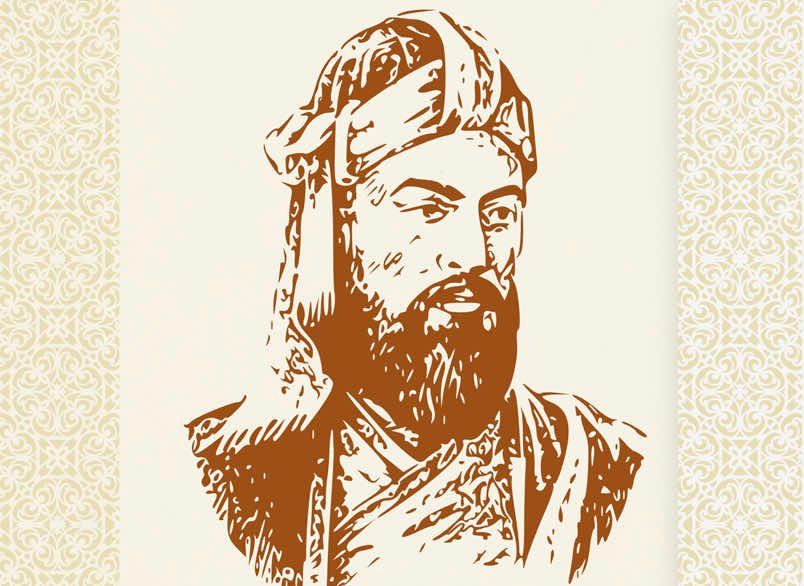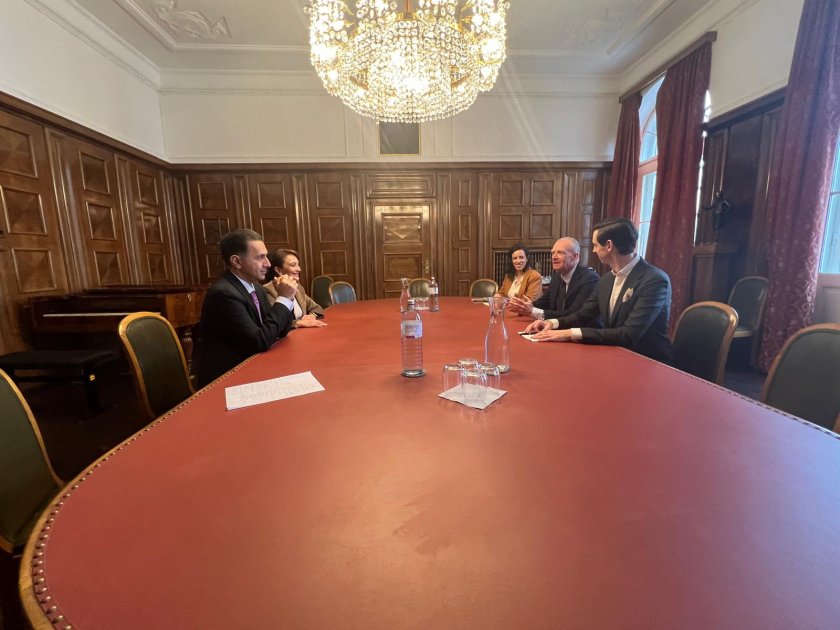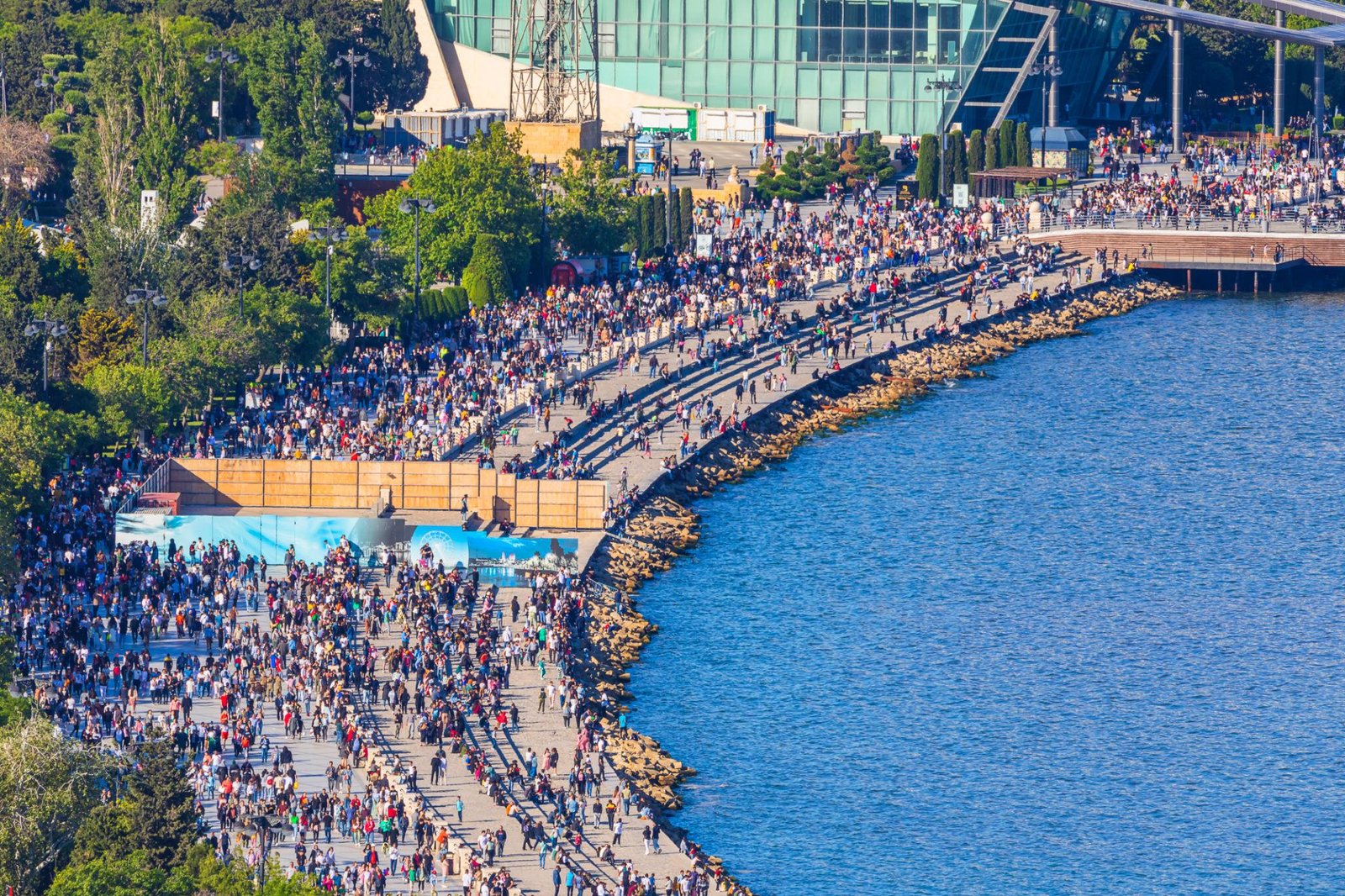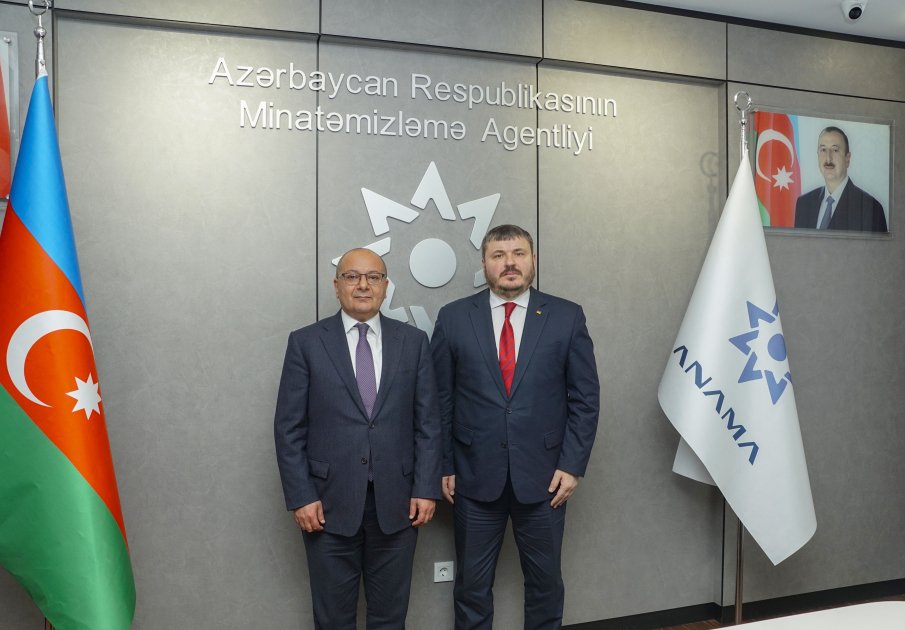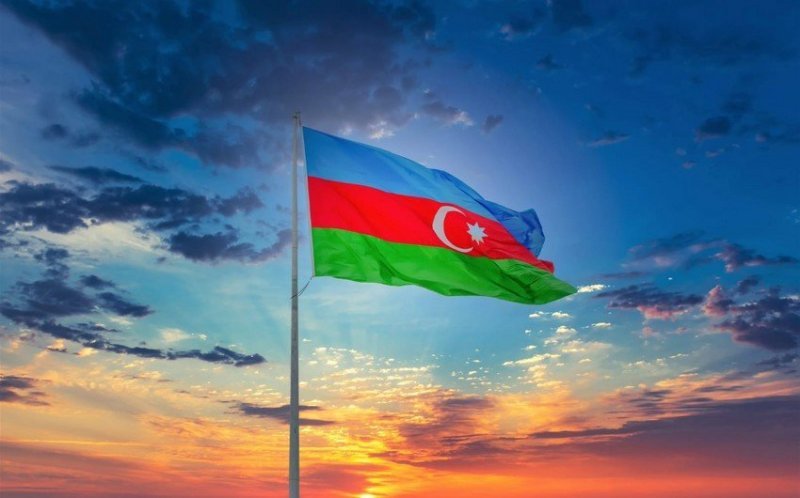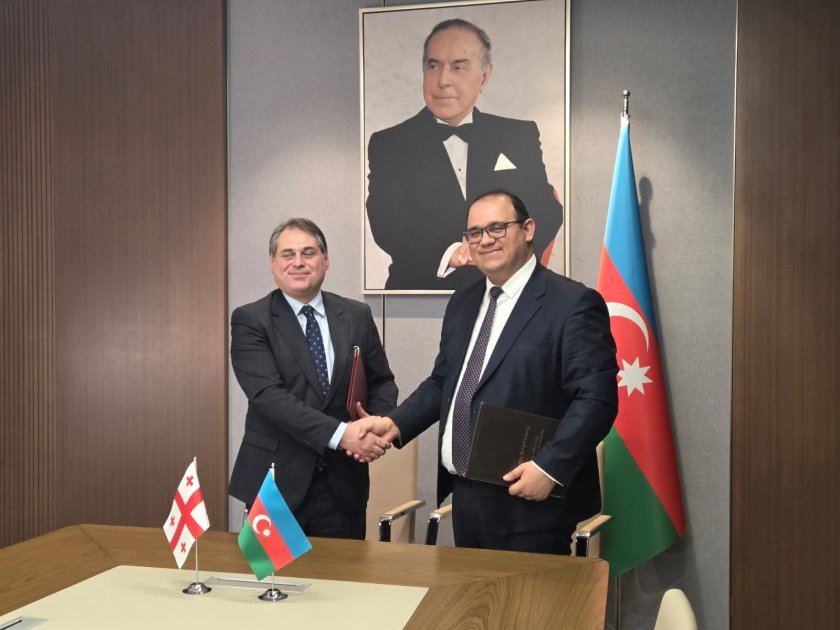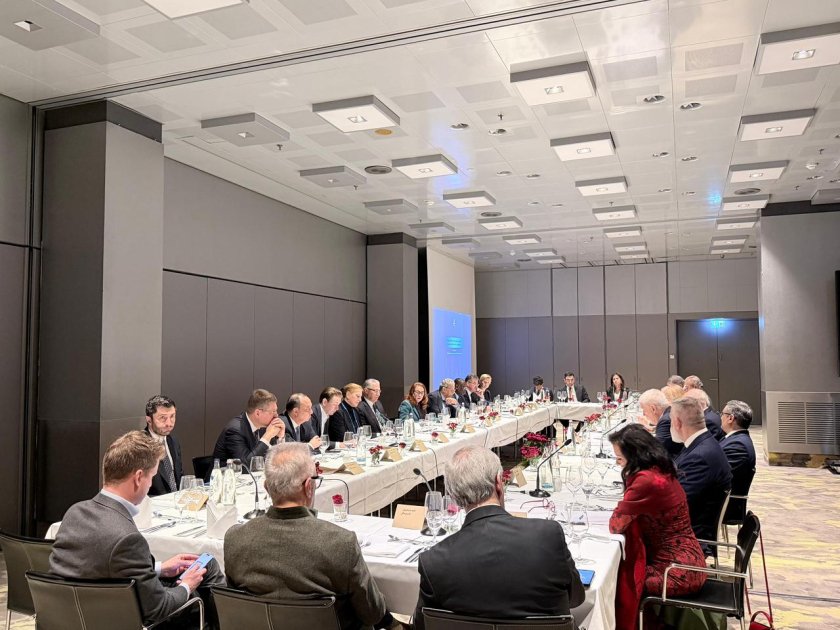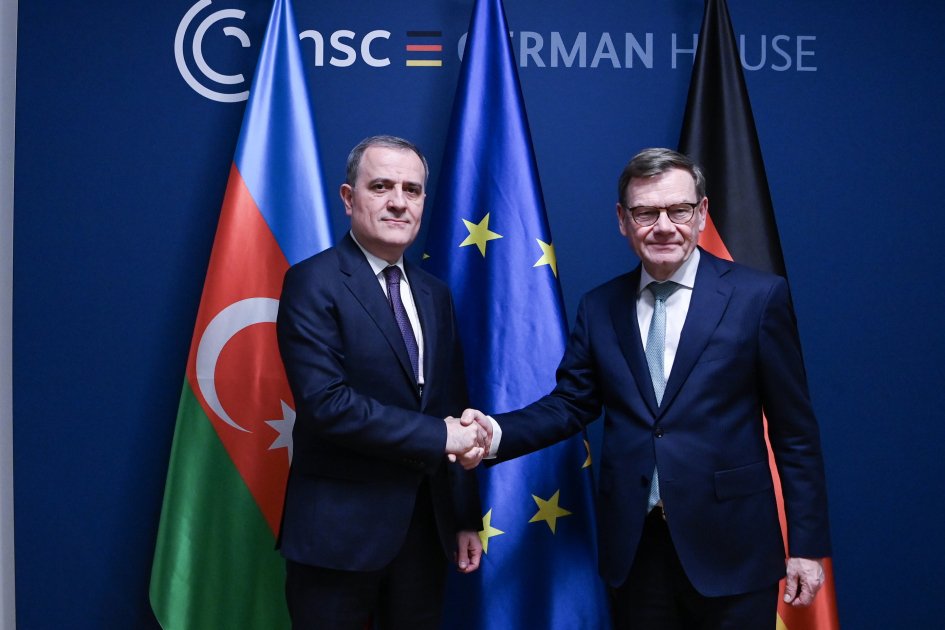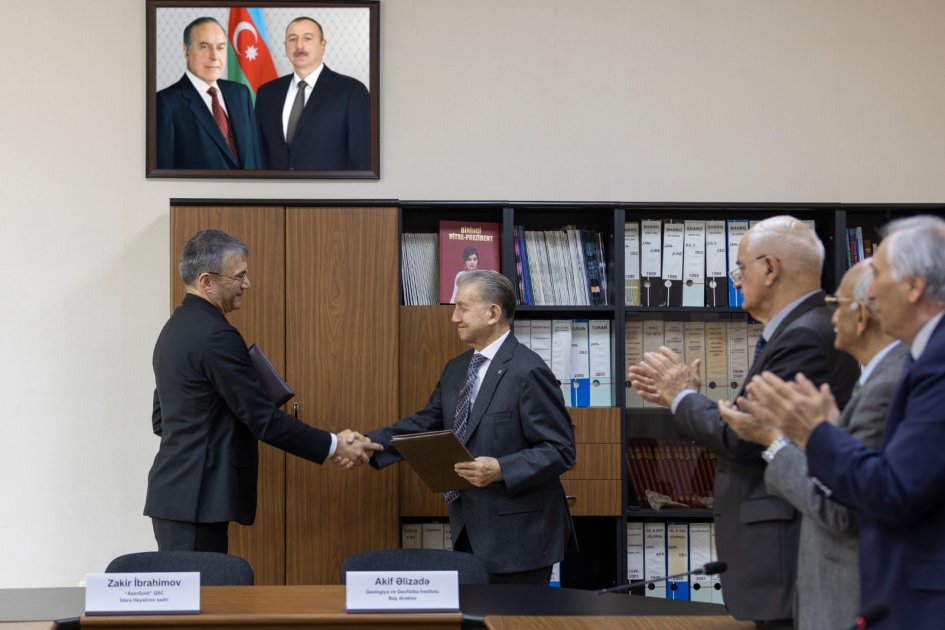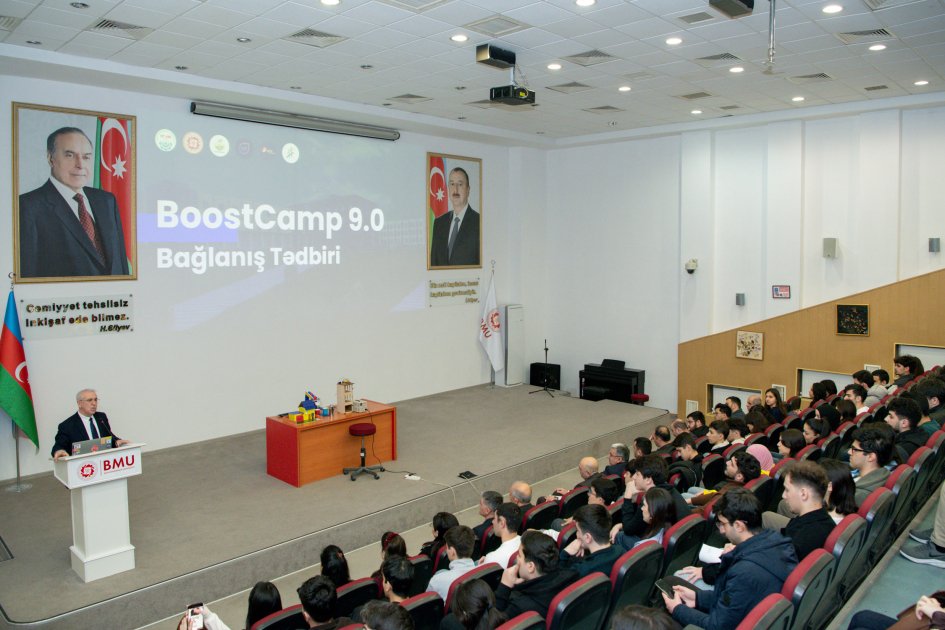Baku, May 19, 2025 — The Europe Today: Azerbaijan and Iran must continue to strengthen their economic cooperation, said Hikmat Hajiyev, Assistant to the President of the Republic of Azerbaijan and Head of the Foreign Policy Affairs Department of the Presidential Administration, during a panel discussion at the Tehran Dialogue Forum.
Highlighting Azerbaijan’s active role in the Eurasian region, Hajiyev stated, “We are a happy country developing in the Eurasian region. We have multifaceted cooperation with Türkiye, Russia, and Iran.”
In this context, he underscored the importance of the 3+3 regional cooperation format, noting that regional frameworks and organizations must be empowered to play a more effective role in ensuring development and stability. He specifically cited the Economic Cooperation Organization (ECO), the Conference on Interaction and Confidence Building Measures in Asia (CICA), and the Organization of Islamic Cooperation (OIC) as key multilateral mechanisms contributing to peace and solidarity.
“We also cooperate with Iran within the framework of the Organization of Islamic Cooperation. Because the principle of Islamic solidarity is important to us,” Hajiyev noted.
Reflecting on the deep-rooted historical ties between Azerbaijan and Iran, the President’s Assistant emphasized the potential to jointly develop new models of partnership. “We should not allow anyone to create an order for us; we must think about prosperity and development ourselves,” he stated.
Hajiyev also highlighted Azerbaijan’s sweeping economic reforms and its commitment to infrastructure projects of international significance. He underlined the North-South transport corridor as a strategic initiative aimed at reshaping the Eurasian connectivity landscape and enhancing regional economic integration. “We must try to build a new security architecture for ourselves and identify the projects to be implemented,” he said.
Addressing the issue of Palestine, Hajiyev reaffirmed Azerbaijan’s principled stance rooted in justice and international law. He reiterated Baku’s support for the two-state solution to the Palestinian-Israeli conflict in accordance with United Nations resolutions, while praising the OIC’s role as a vital platform for Islamic solidarity.
Speaking on Azerbaijan’s foreign policy, Hajiyev highlighted its active diplomacy across various regions including the South Caucasus, the Caspian and Black Sea basins, Central Asia, the Middle East, and the broader post-Soviet space.
Turning to the normalization process with Armenia, Hajiyev stated: “Now Azerbaijan has created a new status quo and reality in the region. There is a favorable environment for peace.” He noted that Azerbaijan’s territorial integrity had been restored through both political and military means, and that the country is now committed to leading the region toward peace and stability.
However, he cautioned that Armenia’s current constitution continues to include territorial claims against Azerbaijan. “This provision must be removed,” he stressed, emphasizing that peace can only be achieved when mutual respect for sovereignty is ensured.
Hajiyev concluded by warning against external interference, noting that regional issues must be resolved by the countries of the region themselves. “Unfortunately, some foreign forces are trying to interfere in the region and carry out geopolitical intrigues,” he said. “Tensions and non-constructive processes are observed in the international relations system in the modern era.”
